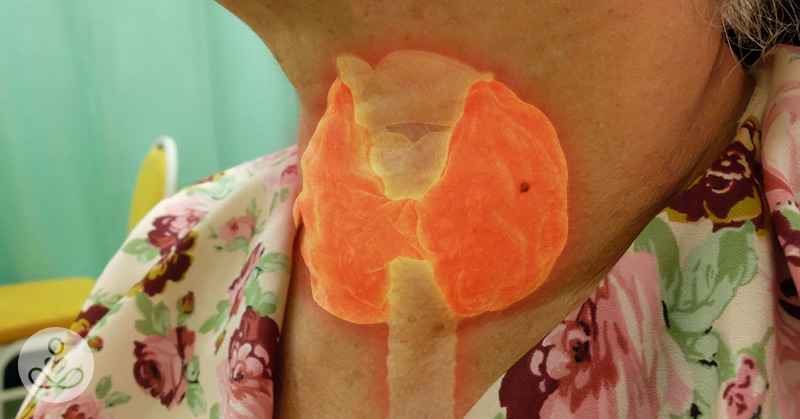Iodine is a mineral that is essential for good health. But what are the signs of iodine deficiency and is it dangerous? Iodine is water soluble. It is found in certain foods and iodized table salt. People can also take it as a supplement. This article explores the signs, symptoms, and complications of iodine deficiency. It also discusses how it may be treated.
Read: 20 Early Warning Signs of Lung Cancer That Women Should Never Ignore
What does the body need iodine for?

Iodine is central to healthy thyroid function. Hypothyroidism happens when a person’s thyroid does not produce enough thyroid hormones. The thyroid gland uses iodine to make thyroid hormones. An iodine deficiency limits the ability of the thyroid to make hormones, causing hypothyroidism. These help with brain development, growth, healing, and energy-yielding metabolism
Read: 8 Warning Signs You’re Mentally and Emotionally Exhausted
Signs of iodine deficiency
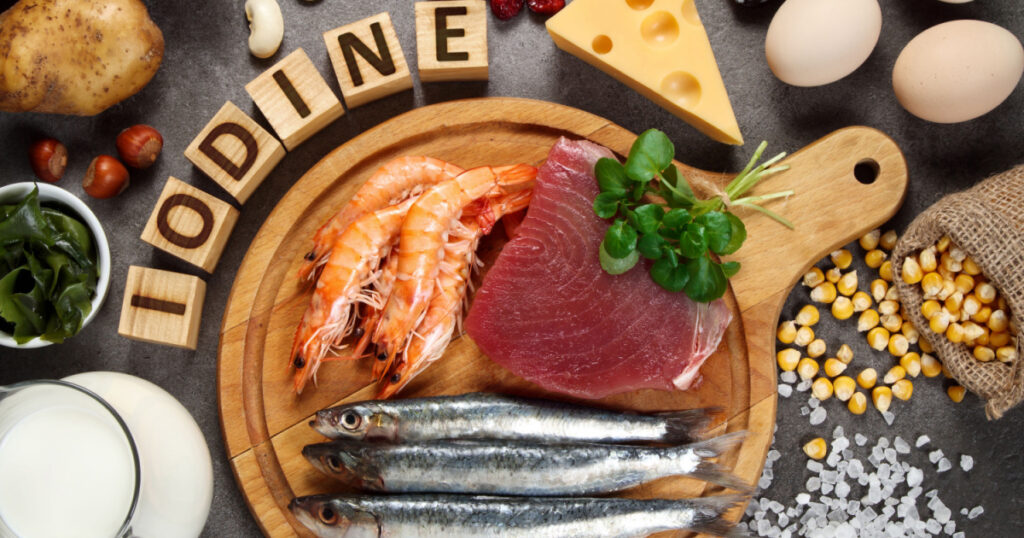
According to a 2017 study, about a third of people are deficient in iodine. Here are 11 signs that suggest a person may have an iodine deficiency.
1. Putting on weight

One of the most noticeable signs of an iodine deficiency is unexpected weight gain. When a person has a healthy metabolism, they burn calories to give them their energy. Hypothyroidism, or a lack of thyroid hormones, slows down a person’s metabolism. When a person’s metabolism slows down, calories are more likely to be stored as fat, leading to weight gain. It is important to remember that weight gain is not always a sign of an iodine deficiency. It may only be a symptom when weight gain cannot otherwise be explained. A more common explanation for weight gain is eating more calories than needed or not exercising enough.
2. Feeling weak

When a person has an iodine deficiency, they may feel weak. Picking up heavy objects might feel hard when it used to be easy. This weakness is explained by a person having less energy than they did. Hypothyroidism slows down a person’s metabolic rate. This means they burn fewer calories for energy. Less energy means that muscles do not work as efficiently. This makes a person feel weak.
3. Feeling tired

A drop in metabolic rate also makes a person feel tired. Therefore, feeling tired is another sign of an iodine deficiency. As with weight gain, feeling tired does not always mean a person is iodine deficient. If a person is not getting enough rest, it is natural for them to feel tired. If tiredness is unexplained, it may be a symptom of an iodine deficiency.
4. Losing hair

Hair loss is another possible sign that a person might have an iodine deficiency. Thyroid hormones support the hair follicle renewal. When a person has hypothyroidism, a shortage of thyroid hormones means the follicles stop being renewed. Hair falls out naturally but is replaced by new follicles. Over time, the fact this stops happening means a person has less hair.
5. Drying skin

Having dry, flaky skin could be a sign of hypothyroidism, as it can be the result of iodine deficiency. Thyroid hormones help cells renew. A lack of these hormones may cause dead skin cells to build up, sometimes resulting in dry, flaky skin.
Read: 7 Warning Signs of Hand-Foot-and-Mouth Disease Parents Need to Look Out For
6. Feeling cold

Iodine deficiency causes a lack of thyroid hormones. Having fewer thyroid hormones causes a person’s metabolic rate to slow down. As their metabolism slows down, a person produces less energy. Energy gives the body warmth. A lack of it means a person is more likely to feel the cold.
7. Having a slow heart rate
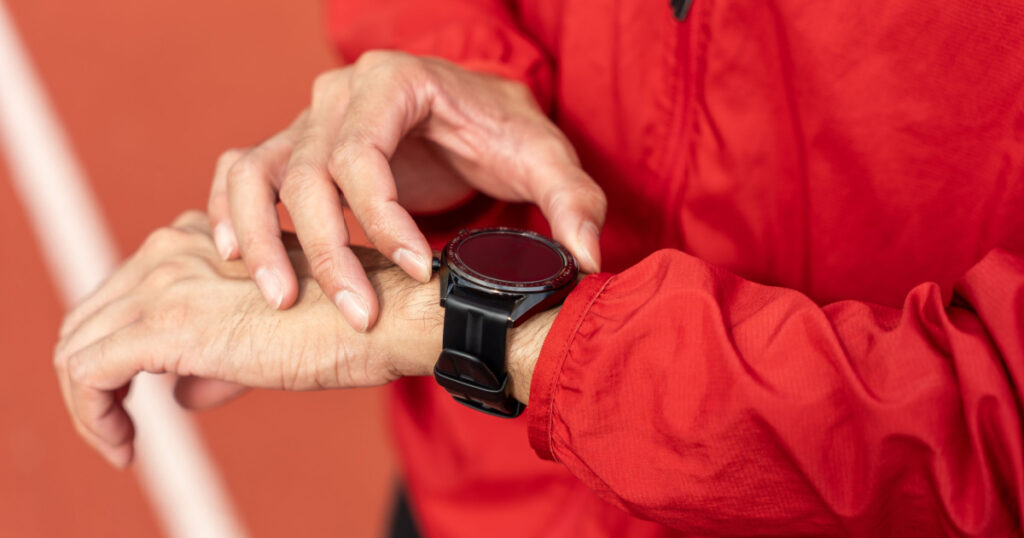
Having an iodine deficiency may make a person’s heart beat more slowly. When a person’s heart rate slows down, they may feel dizzy or sick. It may also make them faint.
8. Learning or memory problems

Thyroid hormones are important for brain development. Iodine deficiency may cause a lack of these hormones, resulting in problems with memory and learning new things. A 2014 study found that the hippocampus was smaller in people with low levels of thyroid hormones. The hippocampus is the part of the brain that affects memory.
Read: 7 early warning signs that cancer is growing inside your kidneys
9. Pregnancy complications

It can be hard for a pregnant woman to get enough iodine. A pregnant woman needs it for herself plus the growing baby inside her. Thyroid hormones are necessary for the healthy development of a baby before it is born. A lack of them may prevent the brain from developing properly. It may also stunt growth. If a pregnant woman’s body is especially low in iodine, her baby is more likely to be stillborn.
10. Heavy or irregular periods

Low thyroid hormone levels can affect the levels of hormones that regulate a woman’s periods. The following could be signs of an iodine deficiency: periods that are heavier than usual and periods that are more or less often than usual
11. Swollen neck

If a person is deficient in iodine, their neck may become swollen. This is because their thyroid gland, which is situated in their neck, has become enlarged. When the thyroid does not have enough iodine, it will try to absorb more from the blood. This causes the thyroid to become enlarged, making the neck appear swollen.
What are the complications?
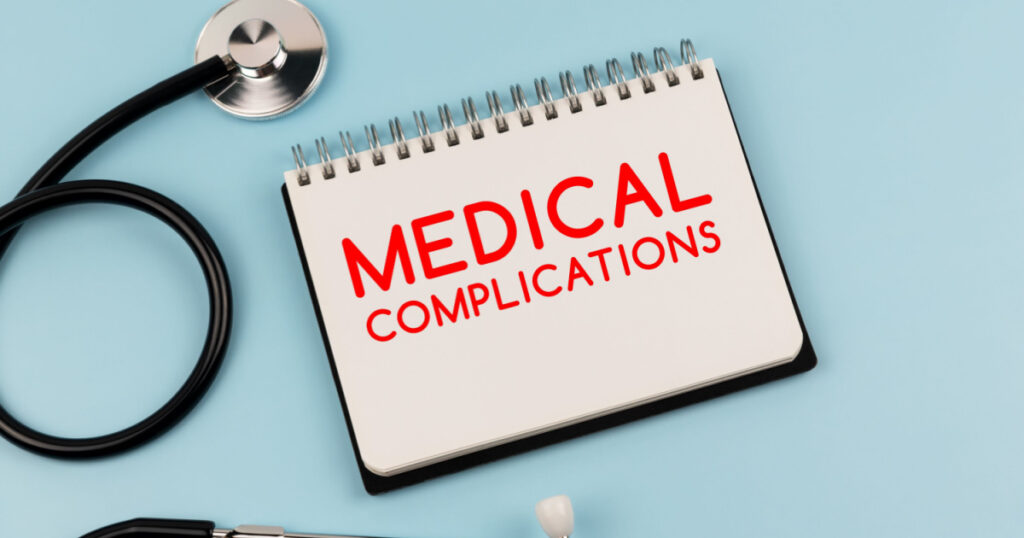
Pregnant women and their babies experience the most serious complications of iodine deficiency. In the worst cases, these can lead to babies being stillborn or born with mental conditions due to stunted brain development.
Diagnosis

A person can be diagnosed with iodine deficiency by a doctor. The most effective way to diagnose iodine deficiency is via a urine test.
How is it caused?

An iodine deficiency may happen when a person does not consume enough foods that are rich in iodine. This shortage is more likely to affect pregnant women who need a higher intake of iodine.
Treatment
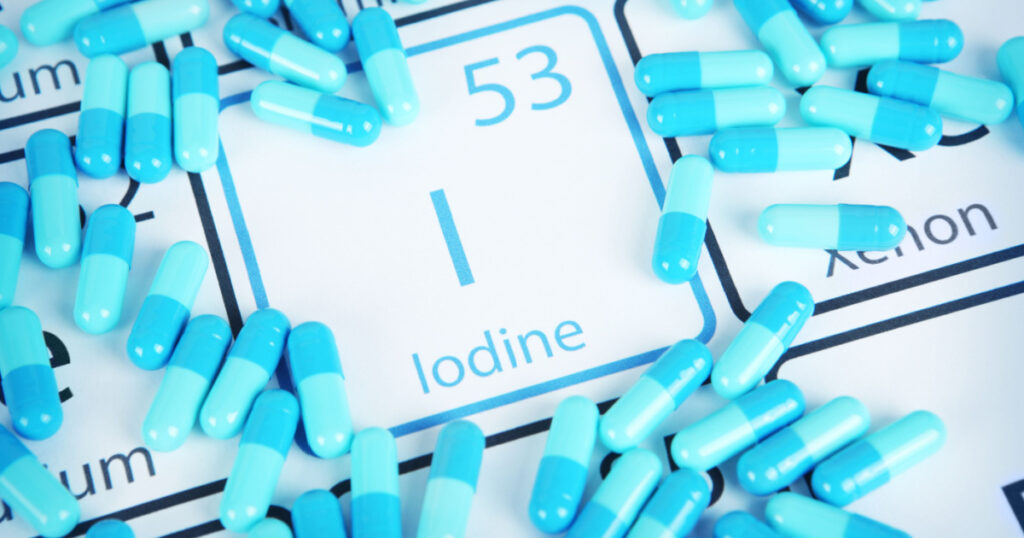
Iodine deficiency is typically addressed through dietary interventions and, in some cases, iodine supplementation. As iodine is essential for thyroid function and the production of thyroid hormones, a deficiency can lead to various health issues, such as goiter and cognitive impairments. Increasing the consumption of iodine-rich foods like seafood, dairy products, and iodized salt is a primary method to address this deficiency. In severe cases, healthcare professionals may recommend iodine supplements to restore optimal levels and prevent associated health complications. Regular monitoring of iodine levels is crucial to ensure an effective and safe treatment approach. A person needs to consume 150 micrograms (mcg) of iodine each day to maintain a healthy level for their body.
According to the National Institutes of Health, these are good sources of iodine

- Seaweed, 1 sheet dried: 11 to 1,989 percent of RDI (recommended daily intake)
- Cod, 3 ounces or 85 grams (g): 66 percent of the RDI
- Yogurt, plain, 1 cup: 50 percent of the RDI
- Iodized salt, 1/4 teaspoon or 1.5 g: 47 percent of the RDI
- Shrimp, 3 ounces or 85 g: 23 percent of the RDI
- Egg, 1 large: 16 percent of the RDI
- Tuna, canned, 3 ounces or 85 g: 11 percent of the RDI
- Dried prunes, 5 pieces: 9 percent of the RDI
Keep Reading: Warning as Man Dies After Single Teaspoon of Caffeine Powder in Protein Shake
